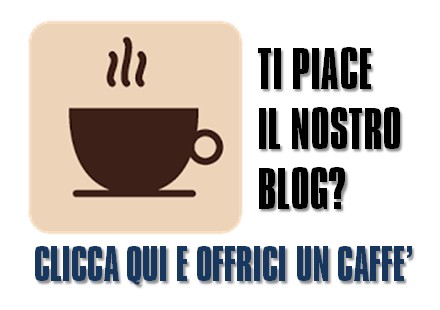Bufala su Facebook, il ”Mail Server Report” che NON ESISTE
Nuovo messaggio bufala gira tra gli utenti di Facebook ed avverte di un presunto virus trasmesso attraverso il file allegato ad una mail “apparentemente innocua”.
Il messaggio, scritto con una sintassi alquanto strana, citerebbe fonti autorevoli (tra i quali AOL, Microsoft e Norton) che confermerebbero la gravità della notizia, in quanto il virus sarebbe in grado di distruggere tutto ciò che è contenuto nell’hard disk e sarebbe in grado di rubare i dati personali in esso contenuti. Il post recita testualmente:
* Estremamente URGENTE – LEGGERE dire a tutti: per chiunque stia utilizzando la posta Internet come Yahoo, Hotmail, AOL e così via .. Questa informazione è arrivata questa mattina, da parte di Microsoft e Norton. Si prega di inviare a tutti coloro che hanno accesso a Internet. Potresti ricevere una e-mail apparentemente innocua intitolata ‘Mail Server Report’. Se si apre il file, verrà visualizzato un messaggio sullo schermo dicendo: ‘E’ troppo tardi, la tua vita non è più bella.’ Successivamente si perde tutto ciò che è nel PC e la persona che ve l’ha inviata guadagnerà l’accesso al tuo nome, e-mail e la password e, eventualmente, i dettagli del conto bancario. Si tratta di un nuovo virus che ha iniziato a circolare nel pomeriggio di Sabato .. AOL ha già confermato la gravità, e i software antivirus non sono in grado di distruggerlo ancora. Il virus è stato creato da un hacker che si fa chiamare ‘padrone della vita’ .. Si prega di inviare una copia di questa e-mail a tutti i tuoi amici e chiedere loro di trasmetterla IMMEDIATAMENTE *
In realtà si tratta d’una mail bufala tradotta dall’inglese (ecco perché risulta strana la sintassi) circolante sin dal 2008, come riporta il sito Urban Legends:
“Subject: Fwd: Major Virus Warning
Anyone-using Internet mail such as Yahoo, Hotmail, AOL and so on.
This information arrived this morning, Direct from both Microsoft and Norton. Please send it to everybody you know who has access to the Internet.
You may receive an apparently harmless e-mail titled ‘Mail Server Report’
If you open either file, a message will appear on your screen saying: ‘It is too late now, your life is no longer beautiful.’
Subsequently you will LOSE EVERYTHING IN YOUR PC, And the person who sent it to you will gain access to your name, e-mail and password.
This is a new virus which started to circulate on Saturday afternoon. AOL has already confirmed the severity, and the anti virus software’s are not capable of destroying it.”
Quest’ultima, a sua volta, è la variante di una mail che girava nel 2006 e che recitava testualmente:
“Subject: virus warning, please tell your friends
This one checks out and is a bona fide real virus so hence the warning.
Any email with “Mail Server Report” in the subject line is a new virus and should not be opened. It comes with an attachment in zip format. Apparently there is a Zip file attached so be very weary of any thing with a zip file on it.
The message tells you that a worm was detected in an e-mail that you sent out and asks you to open and install the attachment to fix the problem. Only, it IS the problem! DO NOT DO IT! Delete the e-mail.
This is a real threat”.
Secondo gli archivi a disposizione degli antivirus, già a partire dal settembre 2006 un worm Internet soprannominato “Stration” (noto anche come “Warezov”) si propaga tramite messaggi di posta in una varietà di intestazioni incluso “Mail Server Report” (altri intestazioni tipiche includono “Error”, “Good Day” e “ciao”).
Il file infetto, che può arrivare come allegato. Zip,. Scr, o. Exe, pretende di essere un “aggiornamento per l’eliminazione di worm”, ma in realtà contiene il worm stesso. Se il file viene aperto, il worm si auto-installa sul computer dell’utente e inizia a inviare copie di se stesso agli indirizzi trovati sul disco fisso del personal computer. Non è il caso dell’attuale messaggio che, ripetiamo, è una bufala. Sebbene sia buona pratica evitare di aprire allegati sospetti o non attesi nelle e-mail, allo stesso modo è consigliabile non diffondere falsi avvisi allarmistici privi di qualsiasi fondamento tecnico.














